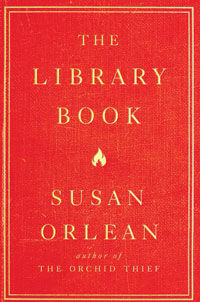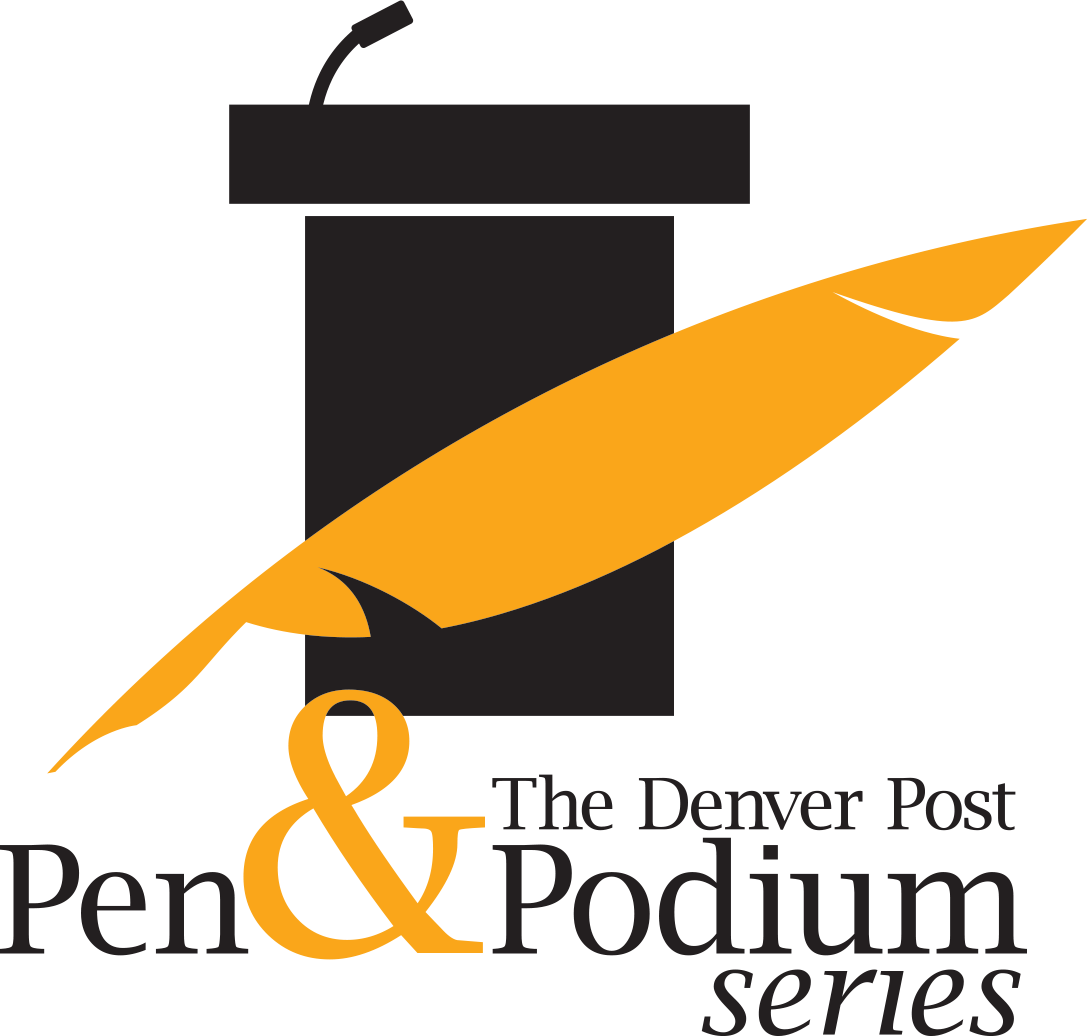
The Library Book
by Susan Orlean
MONDAY, NOVEMBER 8, 2021
7 – 8:30 p.m.
Synopsis
On the morning of April 28, 1986, a fire alarm sounded in the Los Angeles Public Library.
As the moments passed, the patrons and staff who had been cleared out of the building realized this was not the usual fire alarm. As one fireman recounted, “Once that first stack got going, it was ‘Goodbye, Charlie.’”
The fire was disastrous: it reached 2000 degrees and burned for more than seven hours. By the time it was extinguished, it had consumed four hundred thousand books and damaged seven hundred thousand more.
Investigators descended on the scene, but more than thirty years later, the mystery remains: Did someone purposefully set fire to the library—and if so, who?
Weaving her lifelong love of books and reading into an investigation of the fire, award-winning New Yorker reporter and New York Times bestselling author Susan Orlean delivers a mesmerizing and uniquely compelling book that manages to tell the broader story of libraries and librarians in a way that has never been done before.
In The Library Book, Orlean chronicles the LAPL fire and its aftermath to showcase the larger, crucial role that libraries play in our lives—delving into the evolution of libraries across the country and around the world, from their humble beginnings as a metropolitan charitable initiative to their current status as a cornerstone of national identity.
Furthermore, Orlean brings each department of the library to vivid life through on-the-ground reporting, she studies arson and attempts to burn a copy of a book herself, and she reflects on her own experiences in libraries. Lastly, Orlean reexamines the case of Harry Peak, the blond-haired actor long suspected of setting fire to the LAPL more than thirty years ago.
Along the way, Orlean introduces us to an unforgettable cast of characters from libraries past and present—
• Mary Foy, who in 1880 at eighteen years old was named the head of the Los Angeles Public Library at a time when men still dominated the role;
• Dr. C. J. K. Jones, a pastor, citrus farmer, and polymath known as “The Human Encyclopedia” who roamed the library dispensing information;
• Charles Lummis, a wildly eccentric journalist and adventurer who was determined to make the L.A. library one of the best in the world;
• the current staff, who do heroic work every day to ensure that their institution remains a vital part of the city it serves.
Brimming with her signature wit, insight, compassion, and talent for deep research, The Library Book is Susan Orlean’s thrilling journey through the stacks that reveals how these beloved institutions provide much more than just books—and why they remain an essential part of the heart, mind, and soul of our country.
The book is also a master journalist’s reminder that, perhaps especially in the digital era, libraries are more necessary than ever.
(From the publisher)
Reading Group Discussion Questions
1. What has your relationship with libraries been throughout your life? Can you share some library memories from childhood to adulthood?
2. Were you at all familiar with the Los Angeles library fire? Or any library fire?
3. How would you describe the fire’s impact on the community? How about the community’s rebuilding efforts?
4. In chapter 5, Orlean writes that books “take on a kind of human vitality.” What role do books play in your life and home, and do you anthropomorphize them? Have you ever wrestled with the idea of giving books away or otherwise disowning them?
5. What is your impression of John Szabo? How does his career inform and shape your understanding of what librarians do?
6. Libraries today are more than just a building filled with books. How has your local branch evolved? Are you able to chart these changes and gauge their success within the community?
7. The Library Book confronts the issue of street people patronizing the library. Is this an issue in your hometown? How do you feel about the L.A. library’s involvement, handling of the issue, and the notion of inclusion?
8. Andrew Carnegie is perhaps the most famous supporter and benefactor of libraries. Can you name a modern equivalent who is using his or her largesse to underwrite public works? Is it more important for the public sector to have big benefactors or overall community support?
9. What was your initial impression of Harry Peak? Did it change throughout the investigation?
10. What was your reaction to the Mary Jones and Charles Lummis saga? Can you cite any similar examples from history or the present?
11. Each of the head librarians discussed in The Library Book brought certain qualities to the position. What ideas and initiatives did you like? Did you disagree with any?
12. The Library Book chronicles the history of the Los Angeles Public Library from its origins to the present day. How were the library’s ups and downs reflective of the city’s ups and down? Are libraries a fair barometer to judge the mood of a city or town?
13. Chapter 30 discusses a range of initiatives undertaken by international libraries and librarians. Do you have a favorite example that you would like to see replicated at your local library?
(Questions issued by the publishers.)
Additional Book Club Resources
Other Works by Susan Orlean
Books
• Saturday Night, (1997)
• The Orchid Thief (1998)
• The Bullfighter Checks Her Makeup: My Encounters with Extraordinary People (2001)
• My Kind of Place: Travel Stories from a Woman Who’s Been Everywhere, (2004)
• Animalish (2011) [Kindle Single]
• Rin Tin Tin: The Life and the Legend (2011)
• The Floral Ghost (2016)
• The Library Book, (2018)
If You Liked The Library Book, may we recommend …
The Archivist, Martha Cooley
The World’s Strongest Librarian, Josh Hanagarne
The Geographer’s Library, Jon Fasman
The Borrower, Rebecca Makkai
Dewey, Vicki Myron
The Professor and the Madman: A Tale of Murder, Insanity, and the Making of the Oxford English Dictionary, Simon Winchester
The Good Luck of Right Now, Matthew Quick
The Camel Bookmobile, Masha Hamilton
Library: An Unquiet History, Matthew Battles
This Book Is Overdue!, Marilyn Johnson
The Dictionary of Lost Words, Pip Williams

